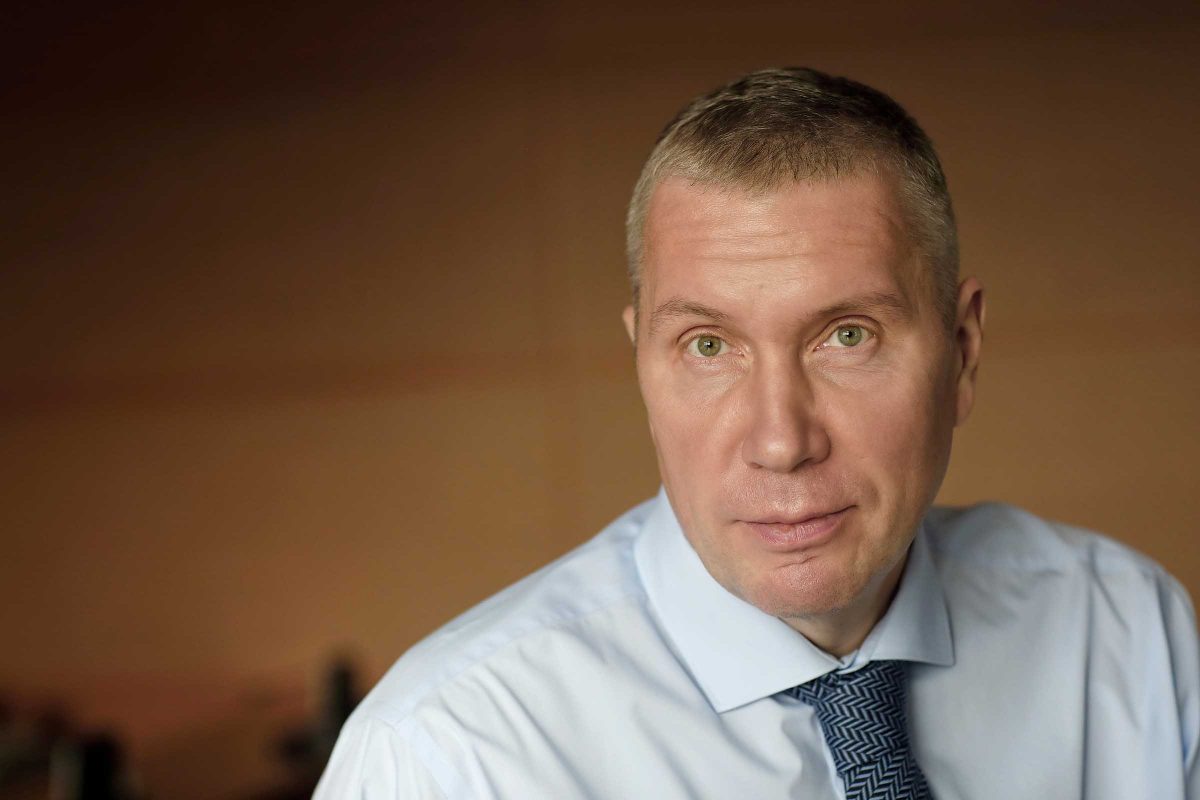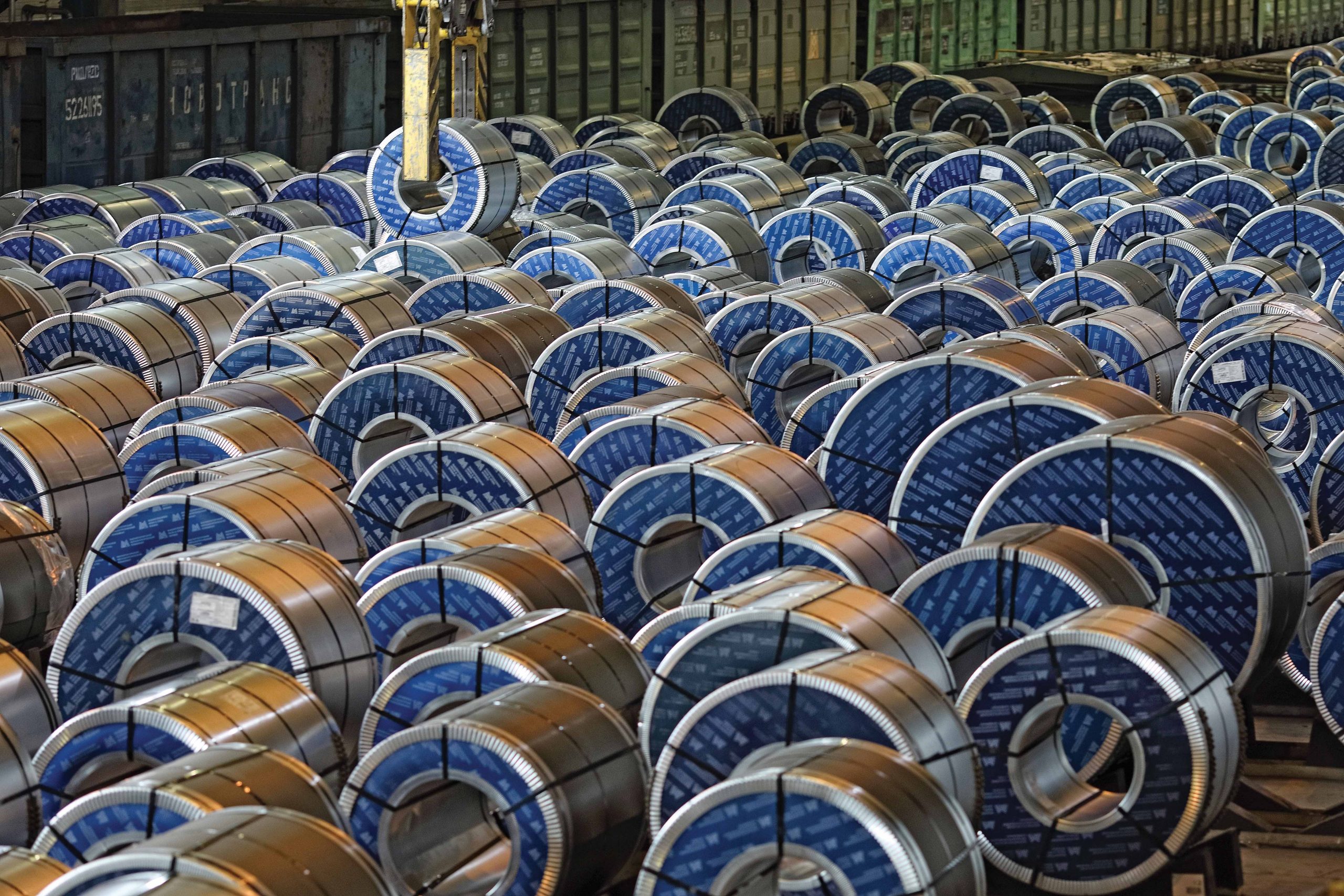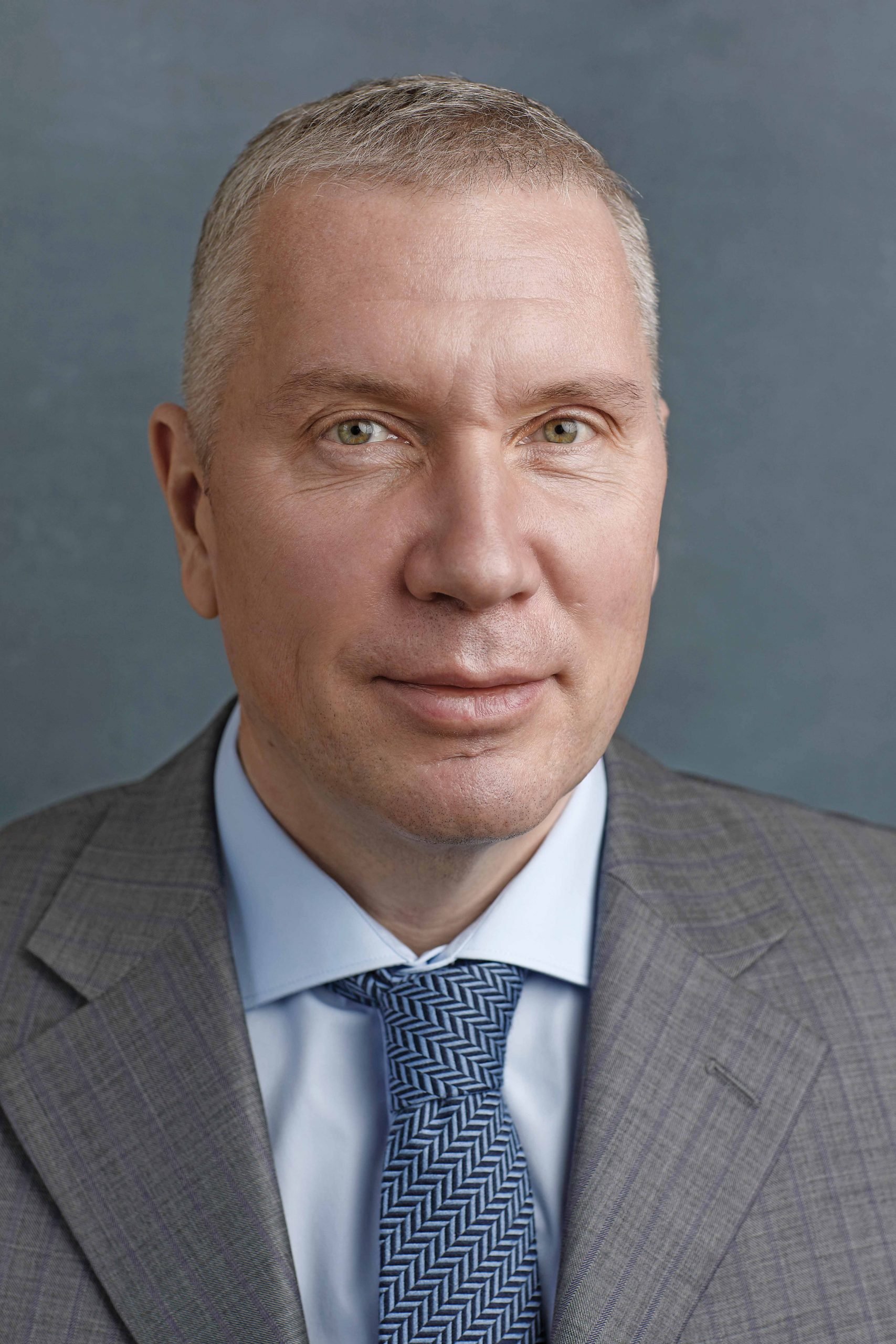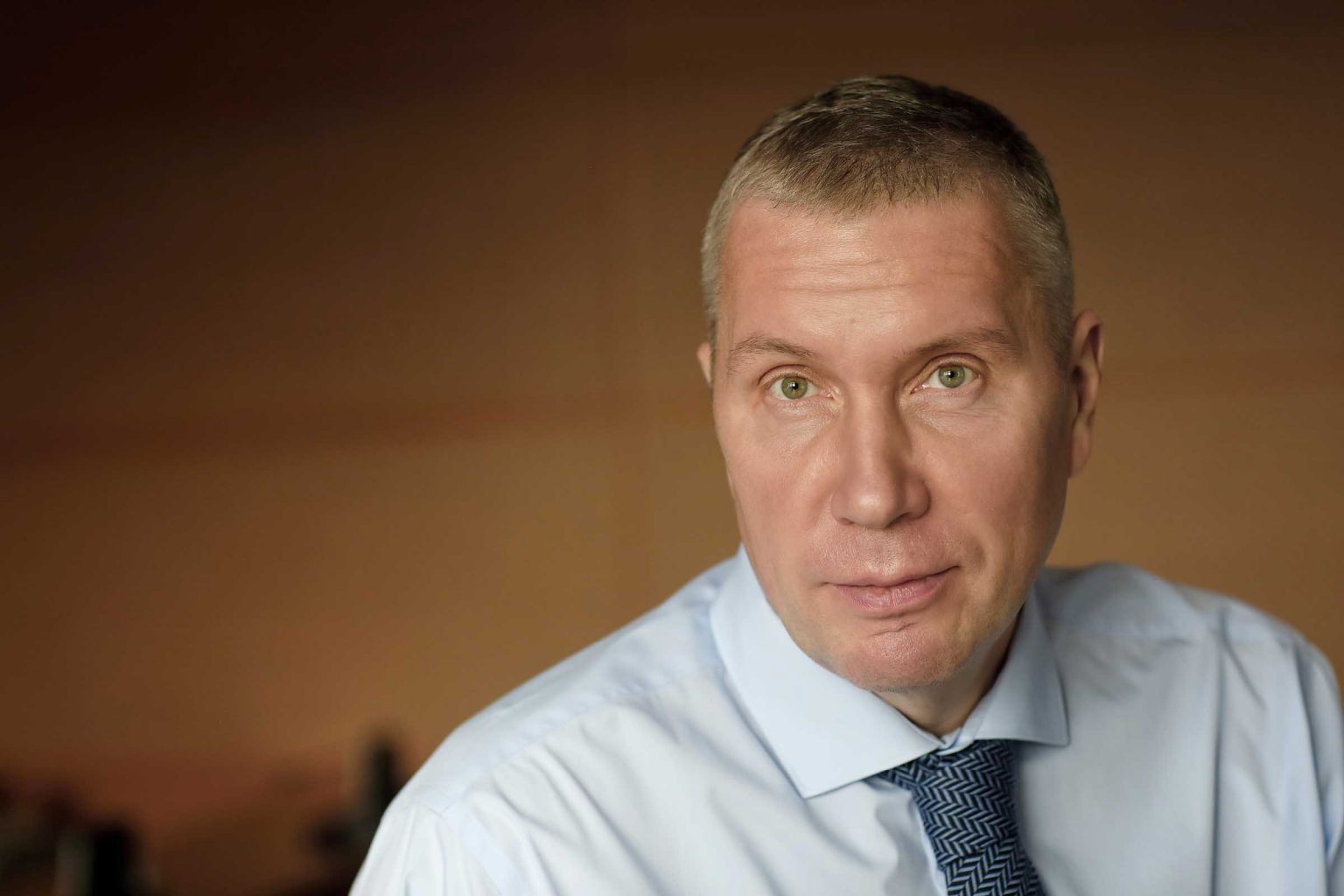Given the traditional critical perceptions of the steel industry and its impact on the environment, it’s perhaps surprising that Pavel Shilyaev, CEO of Magnitogorsk Iron & Steel Works, known as MMK, is most passionate during our interview when talking about sustainability and the environment.

“For MMK, the environmental, social and governance issues have always been of very high importance, and we were focusing on them long before the ESG acronym was introduced,” he insists.
“For us, it was a very pleasant surprise that global businesses started to pay special attention to this particular area.” For Pavel, who has been leading the company for the past seven years, it was the foresight to turn a challenge into an opportunity at the start of his tenure that led to success.
“Our equipment was physically outdated, but also morally outdated. It didn’t even meet the environmental challenges of the time,” he admits.
“We tried to turn this challenge into a benefit, even though this equipment made up about 80% of the production costs across the MMK group. I saw a great potential, in terms of developing corporate culture and in terms of developing our innovation. We saw ourselves as a potential leader in labour safety culture, in the quality of our ready-made products and, as a result, the opportunity to augment our shareholder value. All those factors laid the foundation of our 10-year strategy, Strategy 2025, which we adopted back in 2015.”

Not only has the company delivered on that plan to date, but Pavel has also changed personally as a knock-on effect of the company’s evolution throughout his tenure. “My views and perceptions of many things have changed to become wider and deeper,” he reveals.
“I have a deeper understanding of the environmental agenda, which is very important, and a deeper understanding of the value of personnel development for our staff. And I have become more practical and calmer in decision-making.”
MMK’s history stretches back to 1932, and its customer base has traditionally come from regions located within a 500-kilometre radius from the Urals area where the plant is based. Although it also exports products, a strong devotion to those local customer relationships has always provided a differentiation from its competitors.
Pavel refers to MMK as “the wisest company”, rather than just the oldest, and is keen to treat its industrial wisdom with care. At the same time, a modern trend such as digitalisation has been a large part of its swift growth.
“We started to introduce digital solutions to our production site, seeking economic benefits – Industry 4.0,” he shares. “The company-wide effect surprised me. It was also welcomed by non-production functions of the company: our staff, and our legal and finance departments. They actively joined the digitisation project. It led to a very rapid economic effect.”
The more we open ourselves to the public, the less uncertainties and misunderstanding remain.
The effect was so rapid that Pavel believes it will add US$1 billion (€$842.6 million) to MMK’s EBITDA by 2025. Dominantly focusing on niche high-end steel products has been another factor in the company’s success, to the point where 50% of overall sales are now derived from the area.
And with steel becoming lighter, stronger and more dependable, according to Pavel, the area will only grow. MMK’s supplier relationships are strong, with iron ore, coal and scrap metal the major raw materials the company purchases.
And despite having around 1,100 different suppliers, it cultivates strong partnerships, even having an awards ceremony for the best suppliers.
“For the past five years, we have been conducting a ‘best MMK supplier’ contest. The winners and nominees come here to Magnitogorsk to receive our awards,” Pavel says. “When we treat them well, they’re better able to understand our needs and requirements. And that leads to longstanding relationships for mutual good.”
MMK is a truly innovative company run by a man with vision, with ESG sitting at the centre of its achievements. “In the past 10–15 years, we have immensely decreased our environmental impact. It is a very, very significant part of our investment portfolio,” Pavel confirms.

“It’s not just about following a fashion; we have very seriously been working on minimising our carbon trace and exhausts at our facilities. We currently recycle 80–90% of our industrial waste.
“We have often received different kinds of awards; locally from the Russian Federation, and from the World Wildlife Fund on a global scale.” So confident is Pavel of MMK’s social and eco footprint that the company conducts public tours of its industrial site to help change people’s perceptions.
“Industrial tourists, as we call them,” he says. The tours have been a great success for MMK in terms of changing the perception of the steel industry and proving the company’s dedication to the wellbeing of Magnitogorsk citizens. “The more we open ourselves to the public, the less uncertainties and misunderstandings remain,” Pavel points out.



